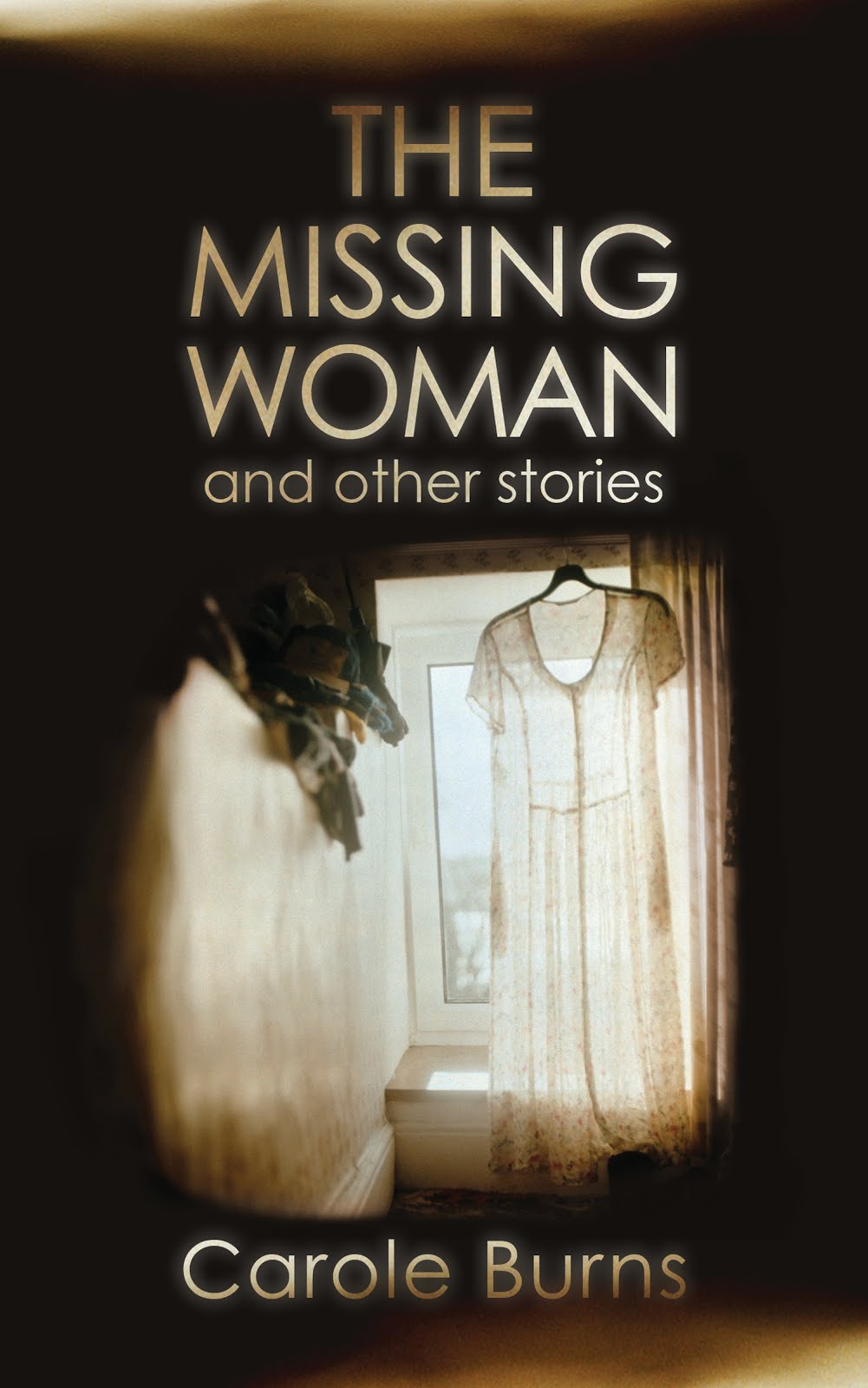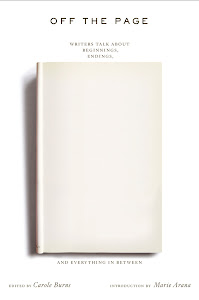Asked about stories that the next Doctor needs to be a woman, which named her as a strong contender, she said: "That is not correct. It may need to be a woman," she added, "but it's not going to this woman, I'm afraid."
Now, more about my Washington Post interview with the actor who has gone from playing the hard-nosed special agent Dana Scully on the “X-Files” to roles as varied as Blanche DuBois for a production of “A Street Car Named Desire” at London’s National Theatre, and Miss Havisham in a BBC mini-series of “Great Expectations.”
And she keeps surprising her fans. Her recent round of interviews is to promote a New Age-y book called “We: A Manifesto for Women Everywhere,” which you wouldn't think Scully would even read, let alone Anderson write.
 |
| Gillian Anderson as Blanche DuBois |
But despite high-profile roles playing strong, complicated women on stage and screen, the 48-year-old mother of three says that she’s at times felt fragile.
“There have been here were maybe two or three points in my life where I have felt like the decisions that I was making weren’t good,” she said in a phone interview from London. “In a way I was my own worst enemy.”
So she and British journalist Jennifer Nadel teamed up to write We: A Manifesto.
Read my full interview with them from the Washington Post.


